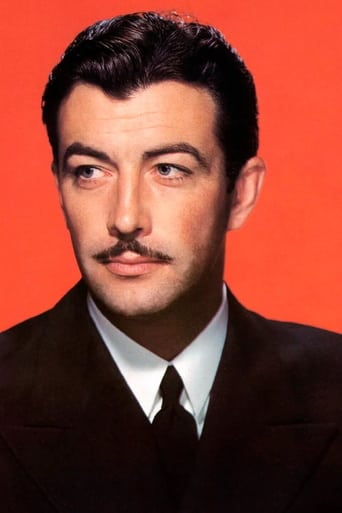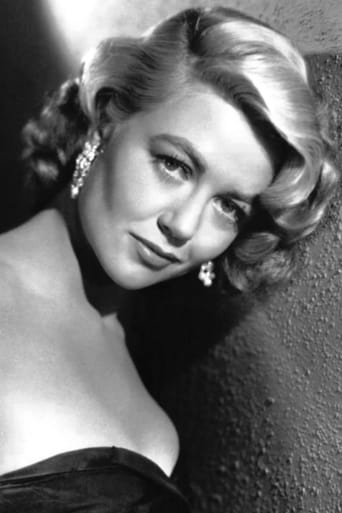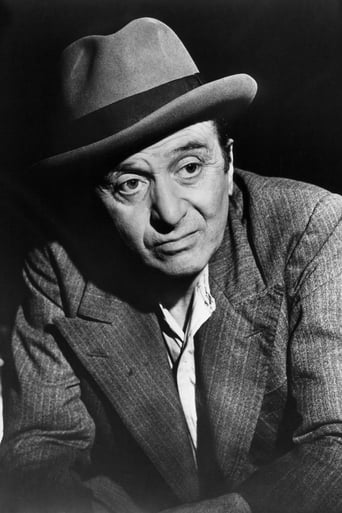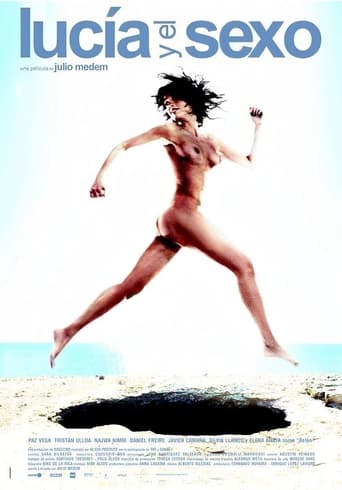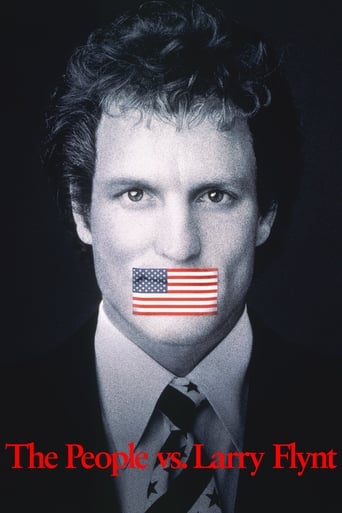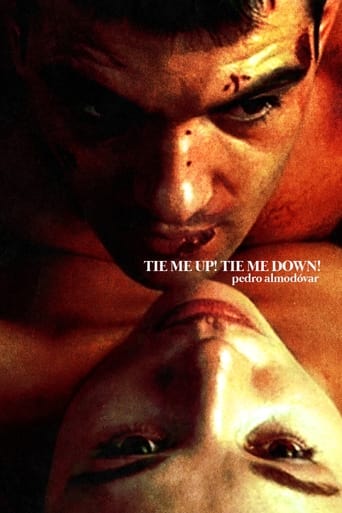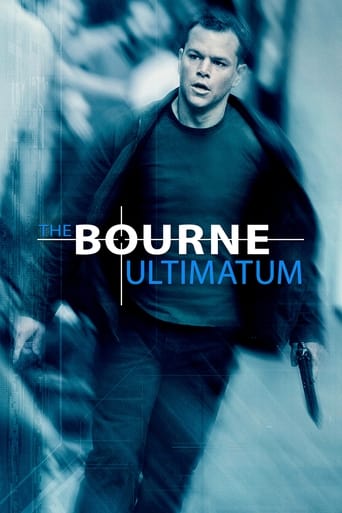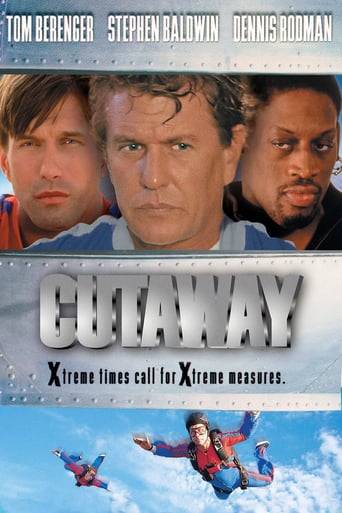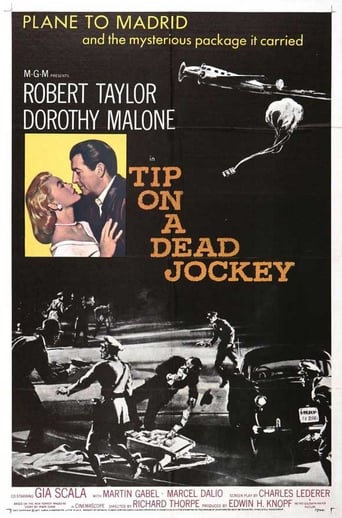
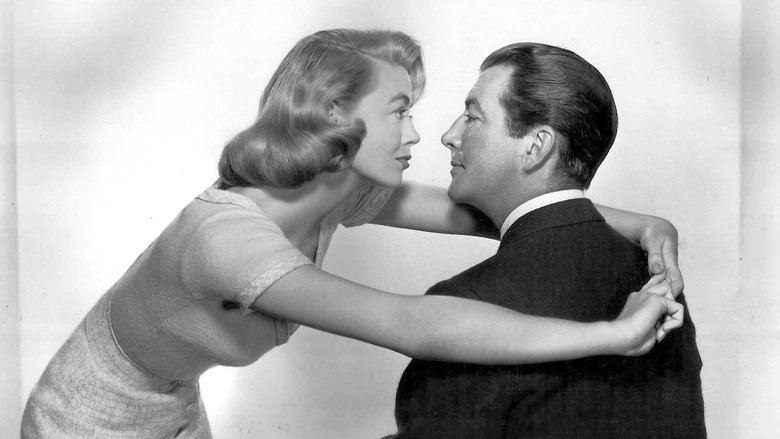
Tip on a Dead Jockey (1957)
Broke and about to divorce his wife, a pilot joins a smuggling scheme in postwar Madrid.
Watch Trailer
Cast
Similar titles

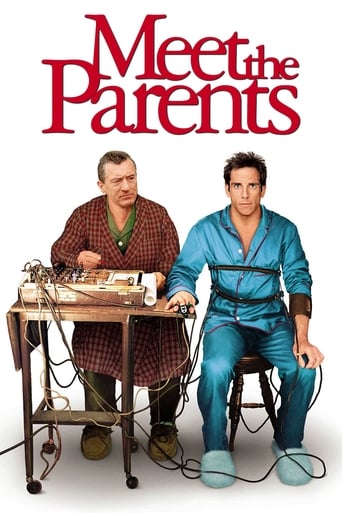
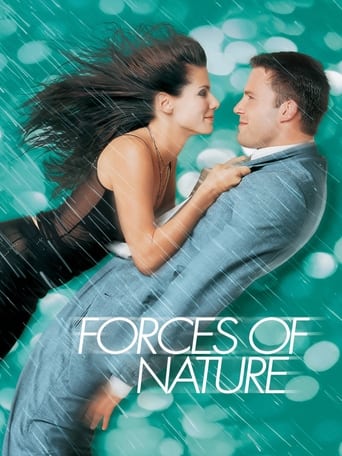
Reviews
Surprisingly incoherent and boring
Memorable, crazy movie
This story has more twists and turns than a second-rate soap opera.
Story: It's very simple but honestly that is fine.
Robert Taylor had been a familiar face in films for nearly 25 years when he made "Tip on a Dead Jockey" in 1957. Here, he plays Lloyd Tredman, a Korean war pilot who now lives in Madrid doing...well, not much. He is divorced (so he thinks) from his wife Phyllis (Dorothy Malone). However, she never signed the papers and travels to Madrid to find out what happened to their marriage and if there is any way to salvage it.Lloyd admits that he is no longer able to pilot a plane. He is haunted by what he saw in Korea and is now too scared and nervous to fly again. He is the part-owner of a race horse, and is looking forward to winning a lot of money as a result of the race.Before that happens, he is approached by a man who offers him $25,000 to smuggle money out of the country. Lloyd doesn't like it, but he says it all depends on what happens in the race. When the race doesn't turn out as planned, Lloyd is sure that the smuggler had something to do with it. Angry, he refuses to accept the job. Instead, it goes to his close friend Jimmy (Jack Lord). When Jimmy is delayed, his wife (Gia Scala) becomes hysterical, and becomes worse when Jimmy announces he's doing it again! At that point, Lloyd takes over. It's not a smooth trip, with Lloyd almost not able to take off due to being paralyzed from nerves. He finally does, and if anything could happen, it does.This isn't a great movie. It moves slowly and there isn't a lot of action. It's interesting to see Jack Lord pre-Hawaii Five-O, young and with a slightly higher speaking voice and wearing less makeup than he did on his TV show. Dorothy Malone was attractive and good, but the plot is obvious.Taylor, always solid and likable, did six films with director Richard Thorpe. I am a fan of classic films, so I watch him because he is from the golden age, but also because he was my late mother's absolute favorite. He does a good job here.A few words about my mom's favorite guy, after my father, of course. The kid from Nebraska, with his resonant speaking voice and perfect face went on from this film to a successful TV series, "The Detectives," and continued in films until his death from lung cancer at the age of 57, in 1969. Yeah, the cigarettes got most of them.He is somewhat out of favor for testifying before the House Un-American Activities Committee as a friendly witness. However, a new book, Robert Taylor: Reluctant Witness, disputes this. In truth, I don't think he was the sharpest knife in the drawer and probably didn't understand the impact of the committee -- and, like many, he saw Communism as a threat. He claimed to have used bad judgment in accepting the film "Song of Russia." The truth? He did whatever Louis B. Mayer told him to do and wasn't aware that it was making a political statement until someone told him it was pro-Communist. He lived under the umbrella of MGM nearly his entire career and just did what he was assigned.It's not an excuse, and I'm the last one to applaud blacklisting or witch hunts. But everyone who testified had an agenda. Except probably Robert Taylor, who, when he left MGM, didn't know how to make a dinner reservation.
A good cast – Robert Taylor, Dorothy Malone, Gia Scala, Martin Gabel, Marcel Dalio, Jack Lord and Joyce Jameson – struggle in a poor screenplay by Charles Lederer, allegedly based on the short story of the same name by Irwin Shaw. I say "allegedly" because Shaw's New Yorker magazine short story is actually a variation on "Casablanca". Aside from the fact that the lead character here is broke, it's very easy to match the players. Thus Taylor has the Bogart role, Gia Scala is Ingrid Bergman, Martin Gabel is Peter Lorre, while Jack Lord impersonates the Paul Henreid character. And needless to say, Irwin Shaw's Bogartian hero is a disillusioned, cynical romantic. In fact, Shaw's story is significantly set in Paris (not Madrid) and is thoroughly suffused with a "Casablanca" atmosphere of disillusionment, as well as being cynical and sharp. Unfortunately, none of this makes it to the M-G-M movie. Instead Tip's plot concentrates on the hero's wife (who is only mentioned in passing in Shaw's story as an ex-wife). The movie is also padded out with a lot of comic relief routines from Marcel Dalio and Joyce Jameson (who are not present in Shaw at all). The only plot elements which actually correspond are our hero's loss of his shirt on a dead jockey and his getting involved in Smith's smuggling racket. The rest of this attempted film noir not only deviates completely from what Shaw wrote , but is totally unlike Shaw in characterization and mood. Reading the story, you are instantly struck by the "Casablanca" parallels, You'd never guess such a connection in a million years with the movie! The picture is tricked out to 98 minutes by means of a lot of dialogue padding. Dorothy Malone's scenes particularly requite quite a lot of trimming. She's also none too flatteringly costumed or photographed. Richard Thorpe's direction, as well as all other credits including Rozsa's music score, rate as strictly routine.
You would think that from the title of this 1957 film, you'd be seeing racetracks and jockeys in abundance. This is not the case as the film turns out to be a rather routine story of smuggling drugs.Believe it or not, Robert Taylor and his co-star Dorothy Malone sing at the piano.For a couple that has supposedly divorced, they seem very compatible when together with the exception of one scene.Martin Gabel plays the heavy in this film and how ironic it is to see him in one scene with Jack Lord. Go know that fate would play such a trick on both men as they later succumbed to Alzheimer's.The mid to late 1950s was not a good time for Taylor. His young good looks were going and the heavy lines possibly from heavy smoking, which later killed him, were showing. No wonder he switched to television in the 1960s with the highly successful The Detectives.Marcel Dallio attempts to bring some comic relief to the film, especially when he reverses I thank you from the bottom of my heart.These films dealing with people having to confront their fears are usually not the best. This is not an exception to that rule.
Perhaps it's just me, but doesn't Robert Taylor look awfully old for this role? Now he wasn't THAT old, but the late 1950s, he went from looking handsome and vigorous to very tired. And, in general, so did his performances. Here, he plays a disaffected American pilot who responds to his war experiences by dropping off the map. Instead of returning home to his adoring wife (Dorothy Malone), he moves to Madrid and sends a letter to his wife--asking for a divorce. However, Malone is not content to just do this and so she goes to Spain to try to figure out what's happened to a once excellent husband. Once there, he seems happy to see her--but also without direction and occasionally a bit of a jerk.Into this boring reunion comes a smuggler who offers to pay Taylor a ton of money. He refuses it but his young partner (Jack Lord) gets involved. But, because Lord is involved with a young lady, Taylor does the macho thing--punching Lord and flying this mission instead--even though he has PTSD due to his combat experiences. Will Taylor make it alive? Does anyone really care? The biggest problem about this film is that it's hard to really give a darn about Taylor. He seems, at times, whiny and hard to like. And, after just a bit of this, you wonder why his wife would even want him back in the first place. Overall, a time-passer and not much more.
